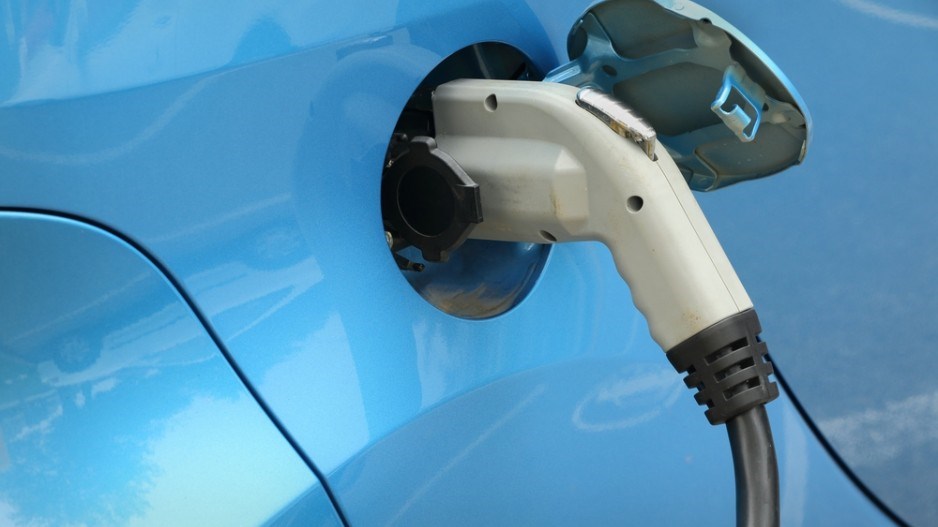More electric cargo bikes on the road and more homes with heat pumps in the Metro Vancouver region are examples of what the new Low Carbon Innovation Centre hopes to promote.
The new Low Carbon Innovation Hub is one of seven across Canada. It is being developed as part of the $350 million federal Low Carbon Cities (LC3) project. Metro Vancouver’s share of the $350 million fund is $21.7 million.
The hub will bring municipal governments, industry and Simon Fraser University’s Renewable Cities program together to help finance low-carbon innovations and adoption.
Metro Vancouver, which produces about 16 million tonnes of CO2 annually, has an ambitious goal of becoming carbon neutral by 2050.
“This investment in innovation, and the new thoughts and ideas that come out of this centre, will go a long way to help cities to reduce our fossil fuel use and our emissions from buildings and our transportation networks,” Vancouver Mayor Kennedy Stewart said Tuesday at a virtual press conference.
The seven LC3 cities will collaborate to share ideas and best practices, Stewart said.
“Through the Metro Vancouver region’s LC3 Centre, our local communities will have a venue for developing, testing and implementing innovation solutions that can be broadly rolled out and scaled across our region,” said Metro Vancouver chairman Sav Dhaliwal.
Asked for examples of the kinds of things the new innovation centre might develop, federal Environment Minister Jonathan Wilkinson said buildings and transportation would likely be the two key areas of focus.
“I think that, by and large, the focus from a sectoral perspective for the centre is really going to be on the transport area and buildings, in terms of enhancing efficiency and reducing emissions,” Wilkinson said.
Alex Boston, executive director for SFU’s Renewable Cities project, added that the centre also hopes to develop local capacity for things like building passive houses.
“We’re still importing a lot of this technology, a lot of the know-how,” he said. “So this centre, what I’m hoping... will help us more fully develop our green clusters here in the city.”
He also hopes to see the centre lower the cost of adoption of things like heat pumps and e-bikes – things that may cost a lot up front, but which pay high dividends, both in terms of reducing costs for consumers and reducing emissions.
Boston cited an electric cargo bike as an example. They can cost $2,000 to $5,000, but can be “powerfully disruptive," if used by entrepreneurs for delivery goods.
“This is the type of fund that could finance those things, where a young person or a new immigrant could pay that back on a long-term basis in a really affordable way," he said.




